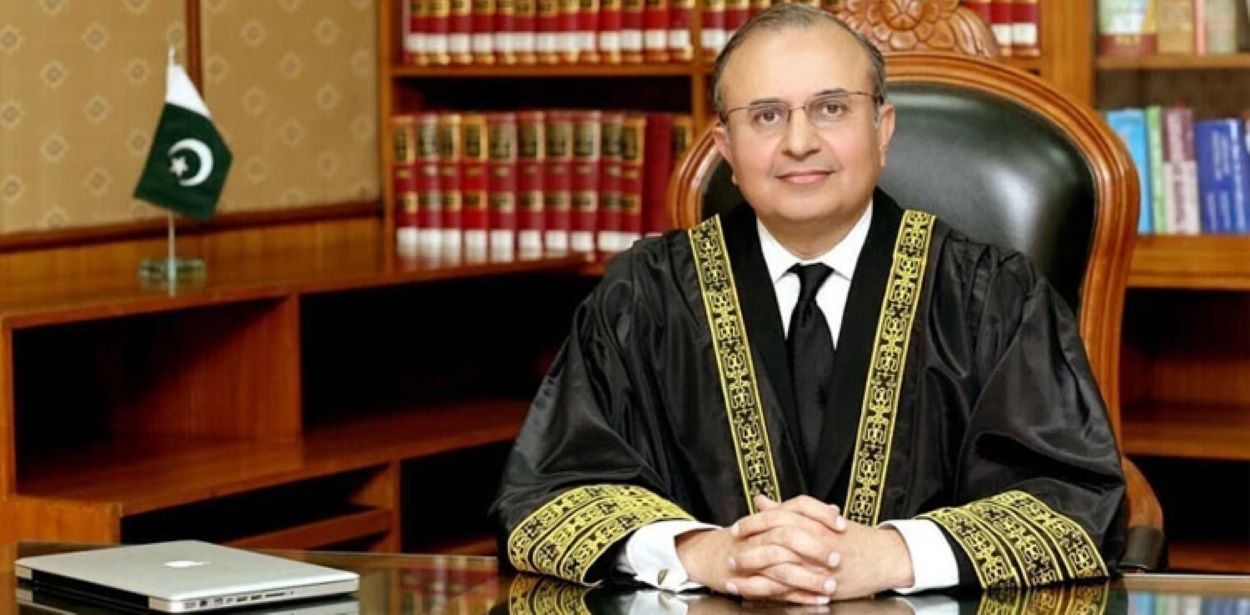Supreme Court Justice Mansoor Ali Shah sent a letter to Chief Justice of Pakistan Yahya Afridi. He asked for public answers to six important questions about the judiciary.
As the senior-most judge after the Chief Justice, Shah said this was his duty to the institution, not a personal complaint. He said, “I write with reluctance, but to fulfil an unavoidable role.” He also noted Afridi’s “complete indifference” to earlier letters.
Shah asked Afridi to answer these questions at the September 8 judicial conference, which will begin the new judicial year and review reforms.
Key Questions Raised by Shah
- Why has the Practice and Procedure Act (PaPA) Committee not been called to decide benches for non-constitutional cases?
- Why were the 1980 Rules revised by circulation and not in a full court meeting?
- Why was the policy on releasing dissenting opinions decided by individual judges instead of a full court?
- Why was a General Standing Order on judge leave issued that conflicts with judicial independence and past presidential orders?
- Why haven’t petitions against the 26th Amendment been heard by the original full court?
- Are current practices supporting judge independence or forcing compliance and controlling the court?
Shah criticised Afridi’s informal talks and jurisdictional objections, saying they lack a legal basis and hurt transparency and teamwork. The letter comes amid ongoing disputes in the judiciary. Some judges, including Babar Sattar and Sardar Ejaz Ishaq Khan, have opposed the 2025 rules passed without full agreement.
Read: CJP Yahya Afridi Calls Full Court Meeting to Review Supreme Court Rules
Shah called Afridi’s failure to respond “a blow to judicial integrity.”
These questions focus on key issues like judicial independence and transparency. The answers at the September 8 conference could affect public trust in Pakistan’s courts.






